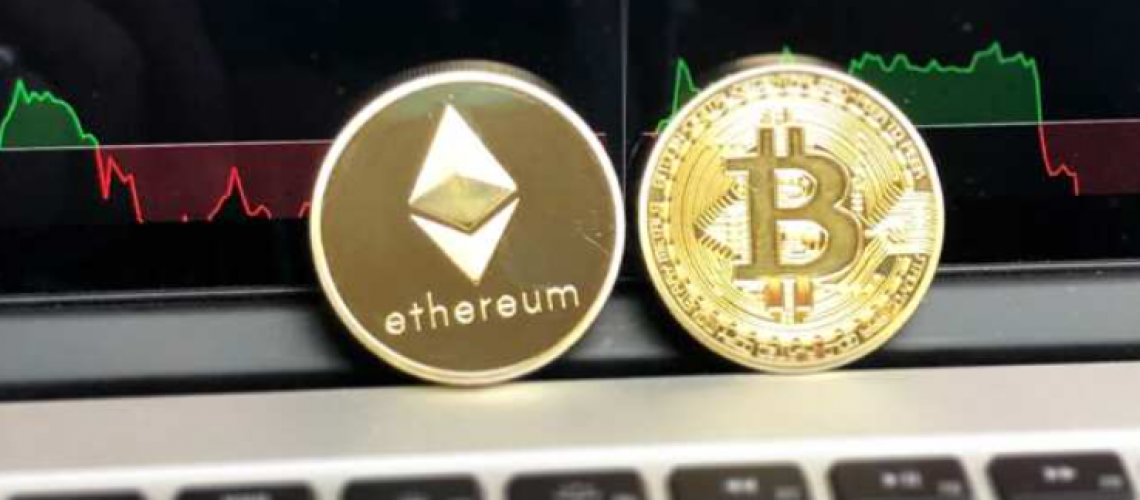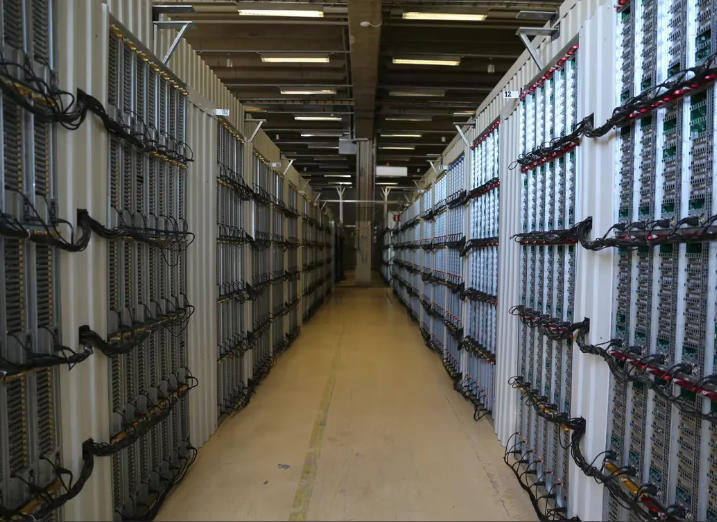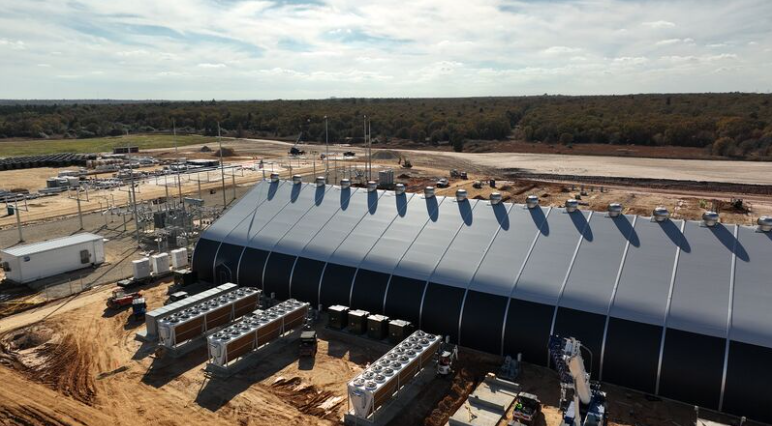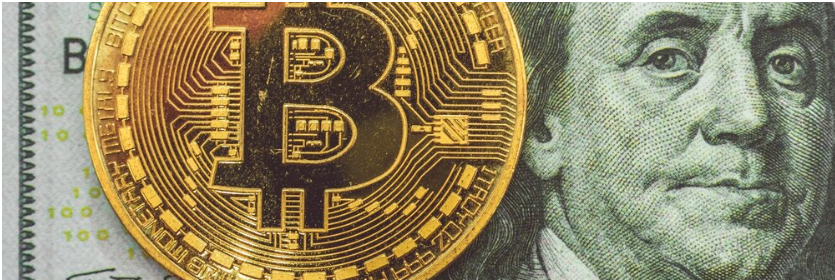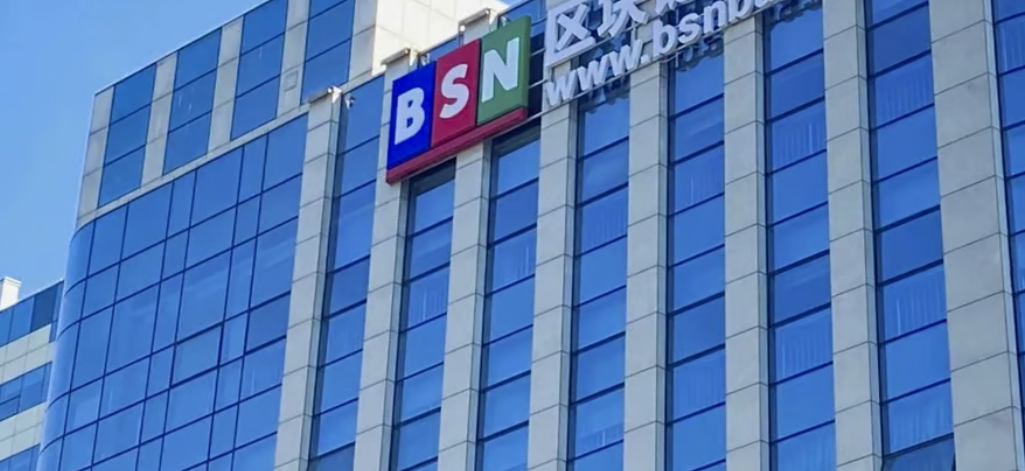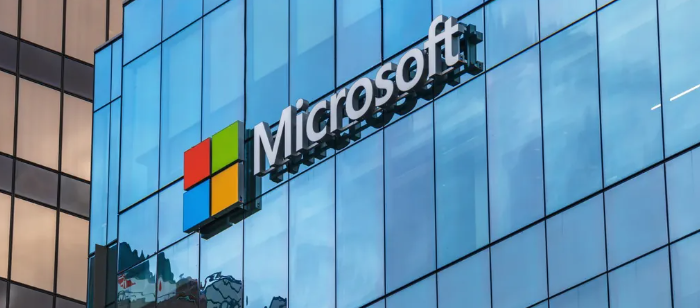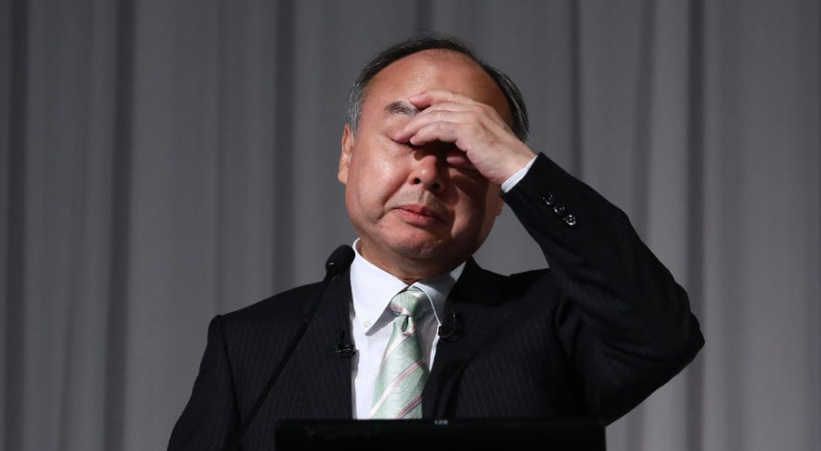A critical report on Bitcoin that was recently published by the American multinational investment bank JPMorgan is called ‘The Maltese Falcoin’.
The name of the report clearly refers to ‘The Maltese Falcon’, a 1941 cult film about a priceless artifact that comes to symbolize greed and ultimately turns out to be fake. However, it also inadvertently references Malta’s tempestuous love affair with cryptocurrency.
In the report, JPMorgan Asset & Wealth Management president of market and investment strategy Michael Cembalest wrote: “I will not buy it even if a part of me wants to, regardless of the consequences, as that is what some holders of Cryptocurrencies have been counting from the beginning.” beginning.”
In his 30-page investigation, “The Maltese Falcoin: On cryptocurrencies and blockchains,” Cembalest said: “I would take another look if valuations of cryptocurrencies and the companies linked to them plummet to deeply distressed values. But until then, the most discussed use cases and valuations at which they are traded remain “the stuff of dreams”.
Malta has long been on the radar of crypto investors, with many cryptocurrency exchanges and blockchain projects operating out of the country, after the country embarked on a charm offensive in 2017.
Malta is tax-free for crypto investors and is exempt from capital gains tax and VAT, and has implemented several crypto-friendly virtual currency legislations.
This attracted several companies like Revolut, OKex, Nchain, Binance to set up shop in Malta. However, despite being marketed as a ‘blockchain island’, many companies began to operate on a limited basis, without a license, as Malta allowed a generous ‘transitional period’ of up to one year.
Malta’s plunge into the risky world of cryptocurrencies prompted a warning from the European Commission about the need for proper regulatory and enforcement controls.
Before Malta strengthened its regulatory framework for cryptocurrencies, a large volume of transactions during the country’s initial push for cryptocurrency business was flagged as “problematic” by global experts reviewing Malta’s anti-money laundering regime.
Some €60 billion worth of cryptocurrency and other virtual assets moved through Malta in the early stages and this raised a number of red flags.
Also, last year, Malta’s financial services regulator, the MFSA, said that the world’s largest cryptocurrency exchange, Binance, is not authorized to operate in the virtual asset sector in Malta. The authority had already issued a similar notice in February 2020.
Although founder Changpeng Zhao denied that his company is based or operates in Malta, in 2018 former Prime Minister Joseph Muscat welcomed Binance to Malta with much fanfare.

